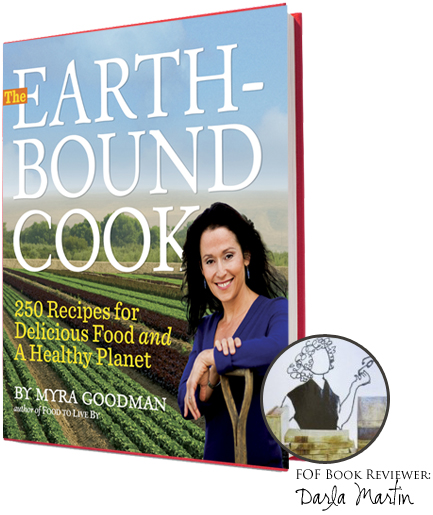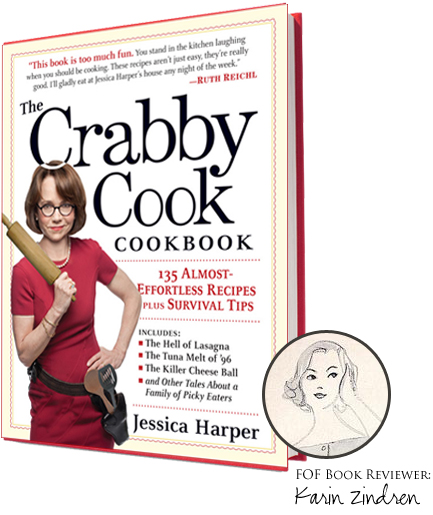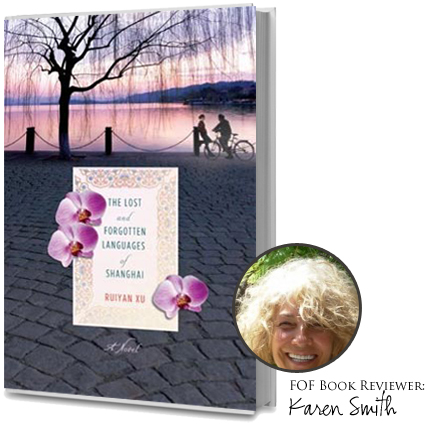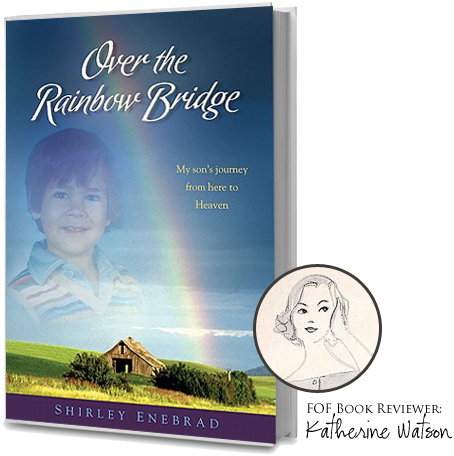{FOF Guru Book Review} The Earthbound Cookbook
If anyone is an authority on organic food, it’s Myra Goodman, co-owner and co-founder of Earthbound Farm, the world’s largest grower of organic produce. Her first cookbook, Food to Live By (2006), was praised by a Library Journal book reviewer who compares it to The Organic Cook’s Bible by Jeff Cox (Wiley, April 2006), one of those most well-known organic cooking resources to date.
In her latest cookbook, The Earthbound Cook: 250 Recipes for Delicious Food and a Healthy Planet (Workman Publishing, 2011) Myra pairs green living tips with all new recipes. Is this cooking guide as fresh as her first? FOF book reviewer, Darla Martin worked her way through and reported back.
In a nutshell, describe this cookbook.
It is about eating well and living green. It includes lots of recipes and green living tips.
Did you read her first book?
No, but I would like to now.
Did you enjoy it?
Yes, indeed.
Was it a page turner, or did you have to push through it?
Even though it is a cookbook, I read it page by page just like a novel.
What recipes and tips did you like most? What did you like least?
I liked finding new ways to cook a few veggies. I tried the cauliflower tart which I liked very much. I have marked the Coconut-Crusted salmon (p. 134) to make soon and the Chicken and Green Olive Enchiladas (p. 109). I’ve made enchiladas before but this is a new twist. The Jicama and Orange Salad with Orange-Sesame Vinaigrette sounds like a great winter salad to make when traditional greens and tomatoes aren’t in season.
I didn’t like searching here and there for the green living suggestions, which are sprinkled randomly through out the book.
Is this book similar to any other books you have read? Which?
I own and read a lot of cookbooks. This is a nice addition to my collection and I think it has a definite “California” feel.
Any other thoughts you’d like to share . . . ?
While I enjoyed the book, I don’t think I’d recommend it for everyone. Several recipes called for hard to find ingredients, such as lemongrass, or ingredients that are expensive such as truffle oil. I’m a dedicated foodie and live in a cosmopolitan area (San Fransisco Bay) so I’m willing to hunt down unusual or even expensive items. I don’t think that most people would.
—
Want to review books for FOF? Apply to be a book guru, here.




